Discover The Global Story
The Global Story

The Global Story
Author: BBC World Service
Subscribed: 336,015Played: 5,320,996Subscribe
Share
© (C) BBC 2025
Description
Where the world and America meet, with episodes each weekday. The world is changing. Decisions made in the US and by the second Trump administration are accelerating that change. But they are also a symptom of it. With Asma Khalid in DC, Tristan Redman in London, and the backing of the BBC’s international newsroom, The Global Story brings clarity to politics, business and foreign policy in a time of connection and disruption.
442 Episodes
Reverse
After an Afghan national was charged with shooting two National Guard members in Washington DC, President Donald Trump called for sweeping changes in immigration policy and pledged to "permanently pause migration" from all "third world countries". Afghan nationals, especially those who worked with the US mission in Afghanistan, may now find themselves in a particularly precarious position.
Asma and Tristan discuss these rapid recent policy changes, and the BBC’s Mahfouz Zubaide shares recent reporting on how Afghans in America are getting caught up in the crackdown.Producers: Viv Jones, Xandra Ellin Executive Producer: Bridget HarneySenior News Editor: China CollinsMix: Marty PeraltaPhoto: People leave flowers at the scene where two National Guard members were shot in Washington DC. Credit: Will Oliver/EPA/Shutterstock
Fifa’s president, Gianni Infantino, is widely expected to award Donald Trump the inaugural FIFA Peace Prize on Friday, at the draw for the 2026 World Cup in Washington DC. The prize has led to scrutiny over Infantino’s close relationship with Trump, along with concerns that Trump might move matches from host cities and fears over visa delays or refusals for travelling fans and officials. We speak to Dan Roan, the BBC’s sports editor, about why Infantino is cosying up to Trump, and what it means for football and global diplomacy. Producer: Sam Chantarasak and Aron KellerSound engineer: Travis EvansSenior news editor: China Collins(Image: Fifa President Gianni Infantino shows US President Donald Trump the World Cup Trophy in the Oval Office. Credit: Chip Somodevilla/Getty Images)
When China began cracking down on the spiritual movement Falun Gong in the 1990s, its leader and some followers moved to the United States. From there, they started the Epoch Times, a free newsletter.But in the past decade, the organisation has grown to become a conservative media empire – with a Pentagon press pass, a slick TV arm, and many millions of dollars in revenue. How did they do it? The story involves a mysterious spiritual leader, a dance troupe, and even a federal indictment.What does the meteoric rise of the Epoch Times say about how media and politics in the United States have changed in the last decade? We speak to Brandy Zadrozny, who has investigated the Epoch Times for NBC News.Producer: Lucy Pawle and Cat FarnsworthSound engineer: Martin Peralta and Travis EvansSenior news editor: China CollinsPhoto: Members of the Falun Gong protesting in New York. Credit: Alex Segre/BBC Images)
President Donald Trump has pardoned Juan Orlando Hernández, a former president of Honduras who was serving a 45-year sentence for drug trafficking and weapons offences.It was only last year that Hernández was convicted in a New York courtroom of being part of a huge drug trafficking conspiracy, after being extradited to the US. Prosecutors said the operation flooded America with cocaine and turned Honduras into a “narco-state”. But Trump has claimed the investigation was a Biden administration “set up”, and Hernández is now a free man. As the Trump administration ramps up its military threats against Latin American drug cartels, including multiple strikes on alleged drug trafficking boats in the Caribbean, why has it pardoned Hernández? Will Grant reports. Producer: Xandra Ellin, Hannah Moore and Viv JonesExecutive producer: James Shield Sound engineer: Travis Evans Senior news editor: China Collins (Photo: Juan Orlando Hernandez being escorted by US agents for extradition in 2022. Credit: Fredy Rodriguez/Reuters)
Are we living through the slow death of reading - replaced by an addictive screen culture that fragments our attention and floods us with trivial or unreliable information? Writer and voracious reader James Marriott believes we are entering a post-literate age with profoundly negative consequences for education, culture and democracy itself. In today's episode, James traces how an 18th century ‘reading revolution’ shaped the modern-world - and what might follow its sudden decline.
Producers: Aron Keller and Sam Chantarasak
Editor: James Shield
Mix: Travis Evans
Senior news editor: China Collins
Photo: The al-Nahda al-Arabiya library in central Baghdad. (Credit: Ahmed Jalil/EPA)
Last June, Israel and the United States carried out coordinated strikes on nuclear and military sites across Iran in what became known as the 12-day war.
The aim was clear: destroy Iran’s nuclear-enrichment facilities amid warnings that Tehran was dangerously close to developing a nuclear weapon. But conflicting reports in the immediate aftermath left the public uncertain about how effective the operation really was.
Six months after the bombings, we speak with Parham Ghobadi, senior reporter for BBC Persian, about what the war actually achieved, the current state of Iran’s nuclear programme, and what daily life inside Iran looks like today.
Producer: Viv Jones and Valerio Esposito
Executive producer: James Shield
Sound engineer: Travis Evans
Senior news editor: China Collins
(Photo: A US Air Force B-2 Spirit stealth bomber. Credit: US Air Force)
Pope Leo is on his first official visit abroad, and there are already signs he’s willing to use his position to speak out on controversial matters. His recent comments about abortion and the rights of migrants have created headlines in the United States, and raised eyebrows from some conservatives who see the first American pope challenging President Trump’s policies. It wouldn't be the first time that a pope has weighed in on politics. From Nazism to communism and the Cold War, from refugees to climate change, popes have used their position to influence global affairs. In this episode we speak to author and presenter Edward Stourton, who has covered religious affairs and the USA extensively for the BBC, about what power Pope Leo XIV has, and what lessons he can learn from his predecessors. Producers: Lucy Pawle and Sam ChantarasakExecutive producers: James Shield and Bridget HarneySenior news editor: China Collins Mix: Travis Evans Image: Pope Leo XIV visits Ankara, Turkey on 27 November. Vatican Media Handout/EPA/Shutterstock
The backlash over the opening of Shein’s first brick and mortar store in Paris this month is just one in a series of controversies and complaints over the ultra-fast fashion retailer. As the company looks to go public, we explore whether its business model can withstand the world’s scrutiny. Laura Bicker, the BBC’s China Correspondent, tells us what she found in the Guangzhou factories supplying Shein, and co-host Tristan Redman heads to the Paris store. Producer: Hannah Moore Executive producers: Bridget Harney and James ShieldMix: Travis EvansSenior news editor: China CollinsPhoto: A customer shops at Shein in Paris, France. Sarah Meyssonnier/Reuters
Miss Universe 2025 has been rocked by controversies and chaos, from stage falls and contestants storming out, to judges quitting and allegations of vote rigging – which the organisers deny. The pageant – styled as a celebration of women of all backgrounds and nationalities – has suffered waning international attention in recent years, with many questioning the ideals of femininity it seems to espouse. Could the drama of this year’s competition get people watching again? BBC journalist and Miss Universe expert, William Lee Adams, joins us to discuss. Producers: Xandra Ellin and Hannah Moore Executive producer: James Shield Mix: Travis Evans Senior news editor: China Collins
A ceasefire took effect in Gaza just over six weeks ago, and although both sides have accused the other of multiple violations of the agreement, there has not been the return to full-blown war that many feared. But the ceasefire agreement that was signed in early October was not a complete peace settlement. It left many issues still to be negotiated. That ceasefire was part of the first phase of President Trump’s peace plan. Last week, that plan came a step closer to reality when a resolution endorsing it was adopted by the UN Security Council. Within that 20-point plan - which covers everything from how to disarm Hamas, to who should govern Gaza – there are many sticking points that are still unresolved. We speak to Yolande Knell, the BBC's Middle East correspondent in Jerusalem, and ask whether Trump’s plan can still bring a permanent peace to Gaza. And what could happen if it fails? Producer: Viv Jones Executive producer: James Shield, China Collins Mix: Travis Evans Senior news editor: China Collins Photo: Hamas militant in Gaza city. Reuters/Dawoud Abu Alkas
American, Ukrainian and European negotiators met in Switzerland on Sunday to discuss a US-proposed peace plan to end the Russia-Ukraine war. Ukraine’s president, Volodymyr Zelensky, was faced with a dilemma last week – either make concessions to Putin, or risk losing US support. But Zelensky said there were "signals that President Trump's team hears us", and US Secretary of State Marco Rubio said a "tremendous amount of progress" had been achieved. We’re joined by the Oscar-winning Ukrainian film-maker Mstyslav Chernov, and by BBC Ukraine correspondent James Waterhouse, to discuss how Ukrainians feel about the leaked peace plan. Producers: Cat Farnsworth and Lucy Pawle Executive producer: James Shield Mix: Travis Evans Senior news editor: China CollinsPhoto: Ukraine's President Volodymyr Zelensky sits inside a vehicle. Credit: Susana Vera/Reuters.
The US is essentially boycotting this weekend’s G20 summit in South Africa over accusations that the white Afrikaners are ‘being killed and slaughtered’ and that white farmers are having their land ‘illegally confiscated. The South African government say the claims are "widely discredited and unsupported by reliable evidence". Today we speak to BBC correspondent Andrew Harding, who lived and worked in South Africa for over a decade, to find out where these claims came from. Producers: Sam Chantarasak and Xandra EllinExecutive producer: China CollinsSenior news editor: China Collins Mix: Travis Evans Photo: Afrikaner farmers rally to show support for President Trump in Pretoria, South Africa. Credit: Kim Ludbrook/EPA-EFE/REX/Shutterstock
** This episode contains some very distressing details, including of killings, sexual violence and the experiences of children in war** More than 150,000 people have been killed and about 12 million have been forced from their homes since Sudan's civil war began in 2023.
But more than two years on, the reasons for the conflict are still not clear. And there are questions about why the international community - including the United States - isn’t doing more to try and stop the supply of weapons to Sudan, and to bring the fighting to an end. On today’s episode, we are joined by BBC Africa correspondent Barbara Plett Usher, who has been reporting on Sudan since the 1990s, and Nawal Al-Maghafi, a senior investigations correspondent, whose recent reporting from Khartoum has brought to light the particular tragedy facing children in this war. Producer: Hannah Moore Executive producer: James Shield Mix: Travis Evans Senior News Editor: China CollinsPhoto: A child who lost his leg due to artillery shelling by the Rapid Support Forces (RSF), stands at a displacement camp in Al-Dabbah, Sudan. Credit: El Tayeb Siddig/Reuters.
The American lawyer, oil lobbyist and master strategist Don Pearlman is said to have chain-smoked his way through almost every UN climate gathering from the early 1990s until his death in 2005. Some of those who saw Pearlman operate in Kyoto, where the first legally binding international agreement on climate change was agreed in 1997, say he created the playbook for stalling climate talks. The Kyoto protocol was never ratified by the United States, and Pearlman is now the subject of a major play, Kyoto, which has just transferred from London to the Lincoln Center in New York. As the COP30 climate summit takes place in Brazil, we speak to BBC climate journalist Jordan Dunbar, who’s been trying to piece together the true story of the man once nicknamed ‘the high priest of the carbon club’. Producers: Aron Keller and Cat FarnsworthEexecutive producer: James Shield Mix: Travis Evans Senior news editor: China Collins Photo: Don Pearlman at the Kyoto summit / BBC.
Crown Prince Mohammed bin Salman – MBS – will be welcomed at the White House on his first visit to Washington since the killing of Saudi journalist Jamal Khashoggi led to global outrage. MBS has always denied involvement in Khashoggi’s murder. Nevertheless, both he and Saudi Arabia were ostracised after the killing.
Tuesday’s meeting between President Trump and Saudi Arabia’s de facto ruler will build on a relationship between the two leaders which has endured the scandal. But can both parties walk away from these strategic talks with what they want? On Trump’s part, some movement towards the Abraham Accords; and for MBS, a chunky defence package.
We talk to BBC security correspondent Frank Gardner.
Producers: Cat Farnsworth and Lucy Pawle
Executive producer: James Shield
Mix: Travis Evans
Senior news editor: China Collins
Photo: President Trump and Crown Prince Mohammed bin Salman. Brian Snyder/Reuters
In the last 72 hours, comments from President Trump and his administration have sparked fresh debate about whether the US could – or should – resume the kind of nuclear weapons tests that were halted over 30 years ago.The current debate centres on whether Trump plans to test nuclear delivery systems, such as missiles, or nuclear warheads. The latter would be a major reversal of a long-standing policy, as the US has not tested a nuclear warhead since 1992, but it’s unclear what the plans involve.Today, Tristan speaks to Serhii Plokhy, a history professor at Harvard and author of The Nuclear Age, about what it would mean to return to an era of nuclear testing.Producers: Viv Jones, Xandra Ellin, Aron KellerExecutive producer: James ShieldMix: Travis EvansSenior news editor: China CollinsPhoto: Mushroom cloud rises during Operation Crossroads nuclear weapons test. Reuters
**This episode contains themes of sexual abuse and grooming** Calls to release all the Epstein files are growing, after Wednesday’s bombshell release of over 20,000 pages of documents related to the sex trafficking scandal. The private messages released by the estate of convicted sex offender Jeffrey Epstein have increased scrutiny on what President Trump may have known about Epstein’s behaviour. The White House has told the BBC the documents ‘prove literally nothing’. The furore continues to intensify, but there is one woman who has all the answers: Epstein’s long-time associate Ghislaine Maxwell. So who is the disgraced British socialite and what is her role in the scandal? Today we talk to the BBC’s New York correspondent Nada Tawfik, who has covered the case for over a decade.Producers: Sam Chantarasak and Aron KellerExecutive producer and senior news editor: China CollinsMix: Travis EvansPhoto: Ghislaine Maxwell with Jeffrey Epstein. US Department of Justice/PA Wire
Donald Trump has spent this year trying to negotiate a deal to end the war in Ukraine. So far, Vladimir Putin doesn’t seem interested in the US’s proposals. One man who has successfully negotiated with Russia – and with many of America’s adversaries – is Roger Carstens, former Special Presidential Envoy for Hostage Affairs. From 2020 to 2025 he worked to free dozens of US citizens taken hostage and wrongfully detained around the world, including in Russia. Securing their release often required complex deals that took years to put together. What does it take to successfully negotiate with Putin’s Russia? Producer: Lucy Pawle Executive producer: James Shield Senior news editor: China Collins Mix: Travis Evans Photo: Roger Carstens. Credit: BBC
The BBC has this week been rocked by a series of controversies, leading its Director General and Head of News to resign, and President Donald Trump threatening to sue the corporation over an edit it made to his January 6th, 2021 speech in one of its programmes, which the BBC admits was misleading. How did the management of the world’s most trusted news broadcaster reach crisis point, and what does this tell us about today’s media landscape? BBC culture and media editor Katie Razzall explains. Producers: Viv Jones, Xandra Ellin and Hannah Moore Executive producer: James Shield Sound engineer: Travis Evans Senior news editor: China CollinsThis podcast was edited on 12 November 2025. We removed a reference to Donald Trump “threatening to remove BBC journalists’ access to his press conferences". This statement should have been attributed to a reported briefing by a senior White House official.(Photo: BBC headquarters in London. Credit: Andy Rain/EPA/Shutterstock)
For much of the 21st century, our social lives have been shaped, at least in part, on the internet. But in an age of influencers, generative AI, complex algorithms, and politically entangled technocrats, some users say social media is growing less, well, social.
So, is social media dead? Or is it just becoming something else? We speak with New Yorker staff writer Kyle Chayka about what happened to social networks, and what their transformation suggests about the future of media.Producers: Xandra Ellin and Aron KellerExecutive Producer: James ShieldMix: Travis EvansSenior News Editor: China CollinsPhoto: Social media apps on a phone.Yui Mok/PA


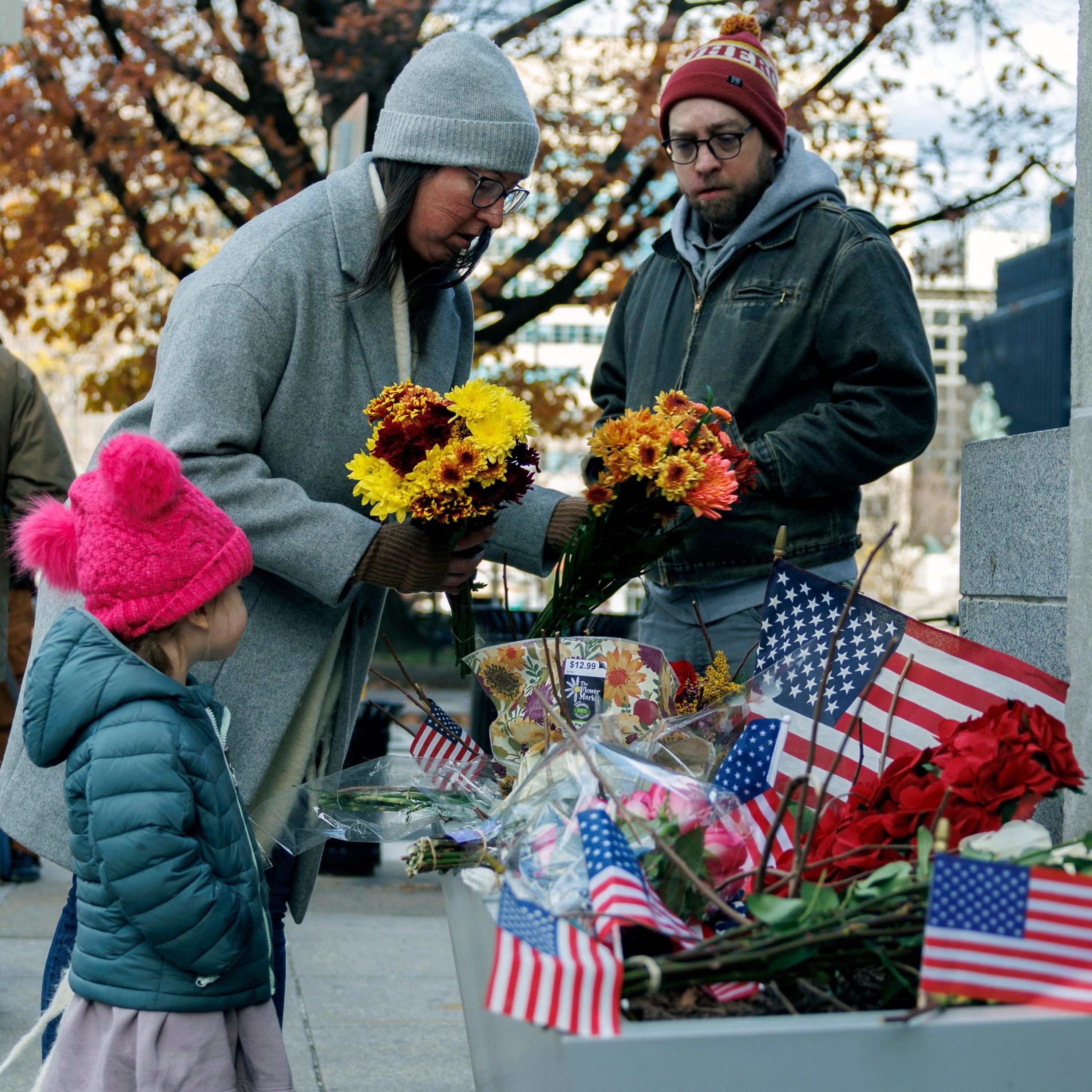

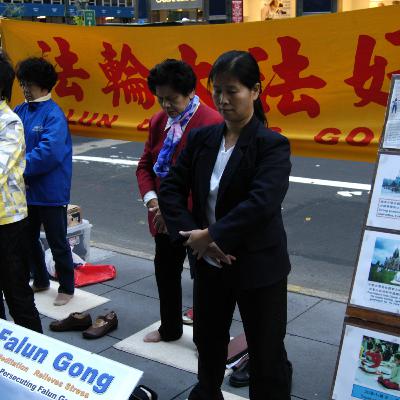
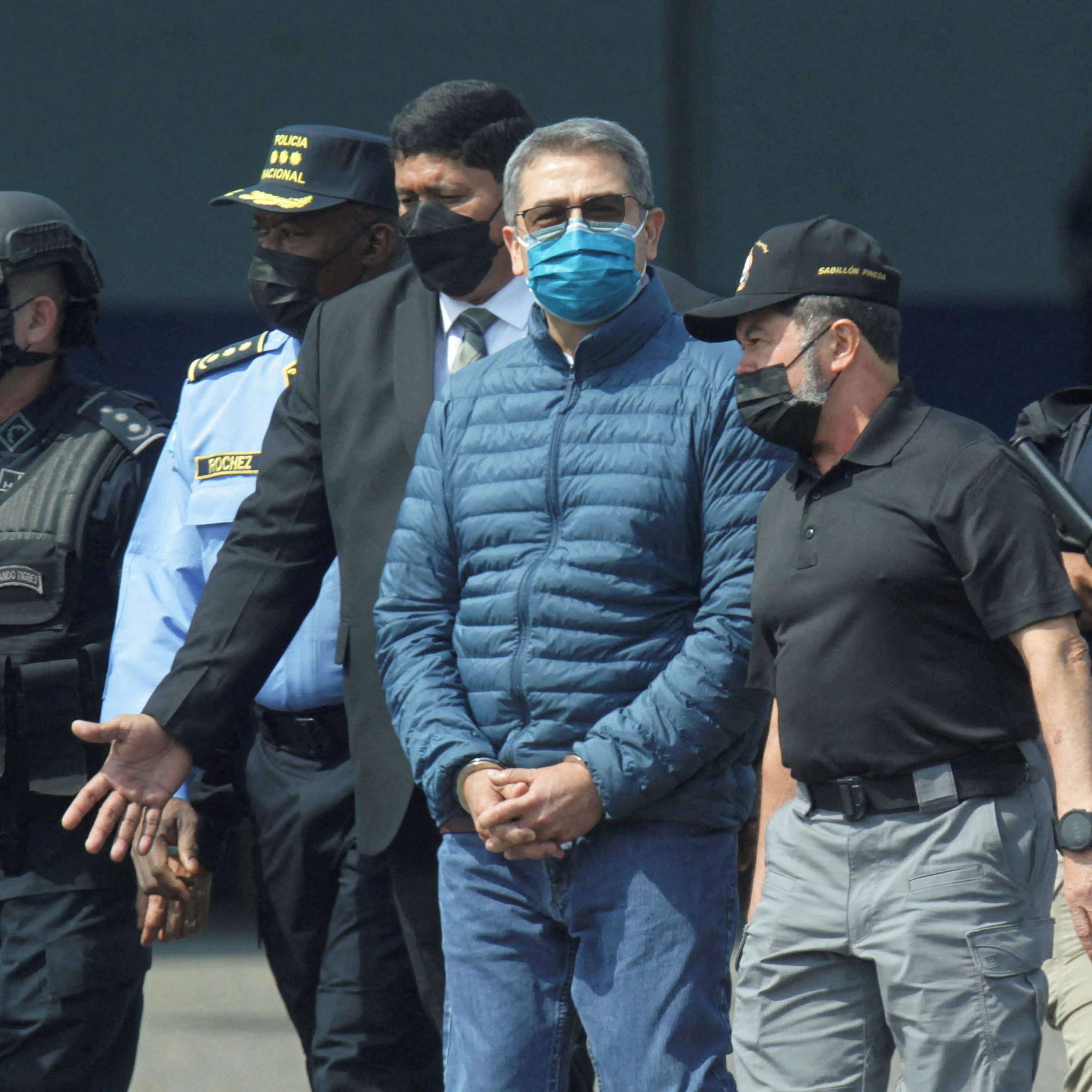
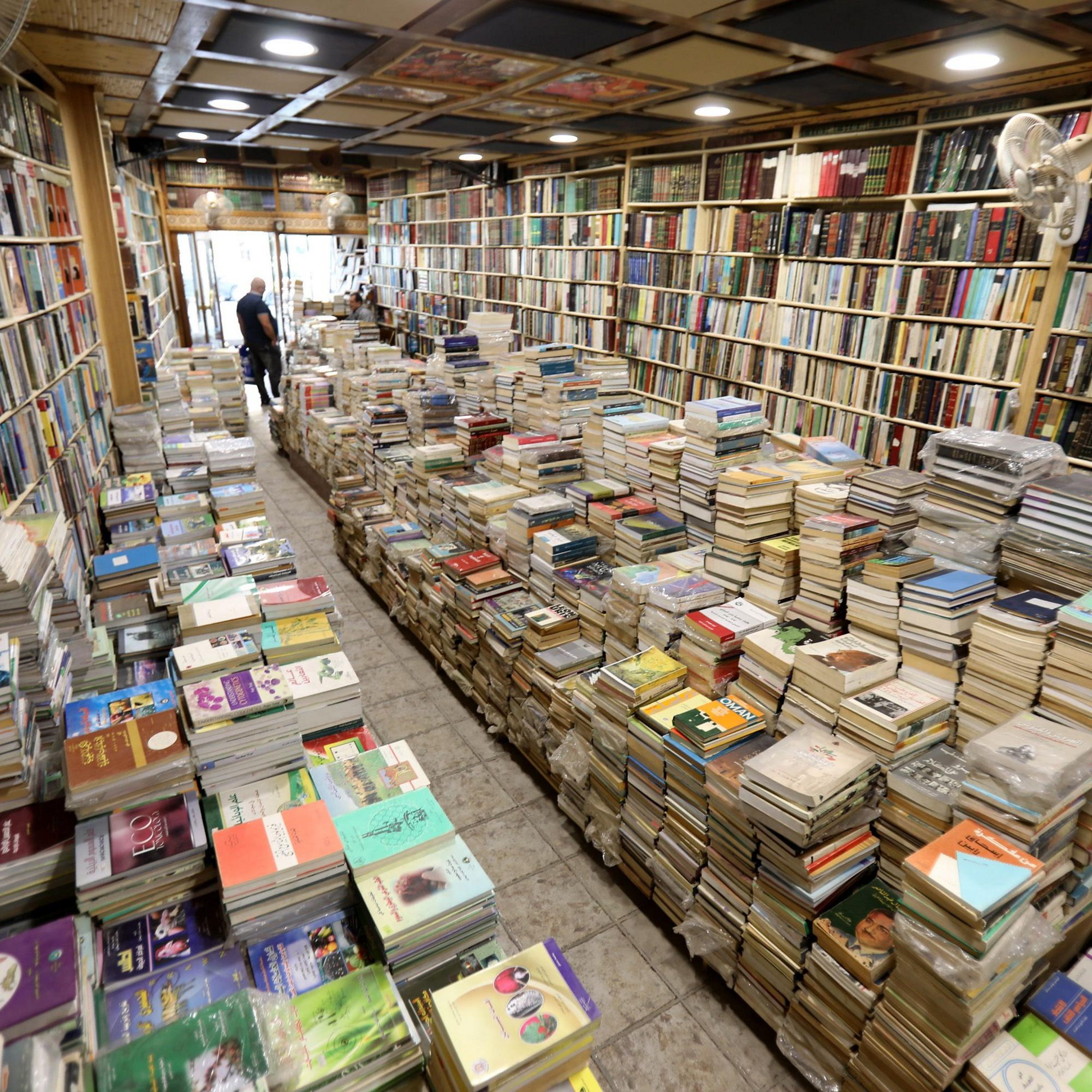
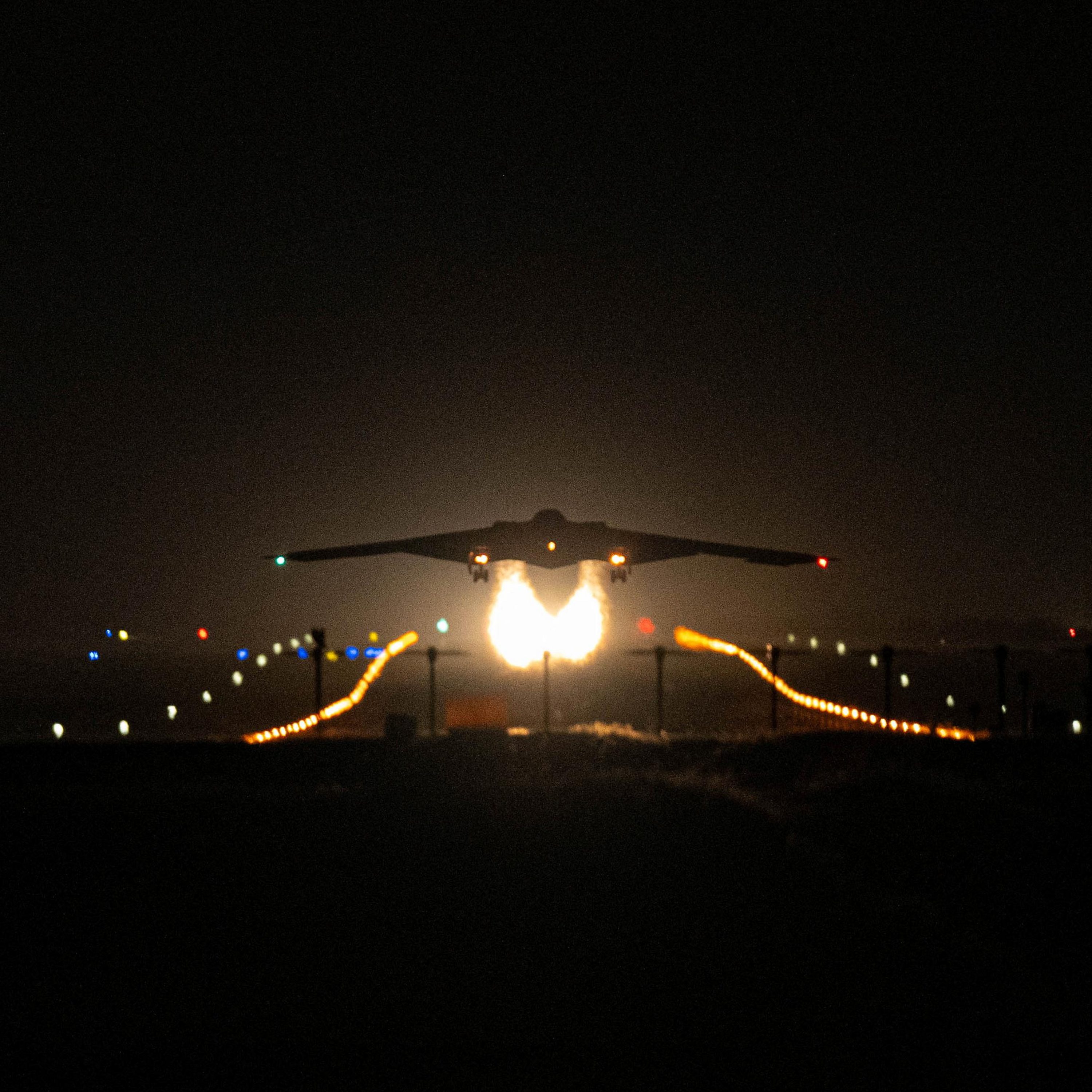
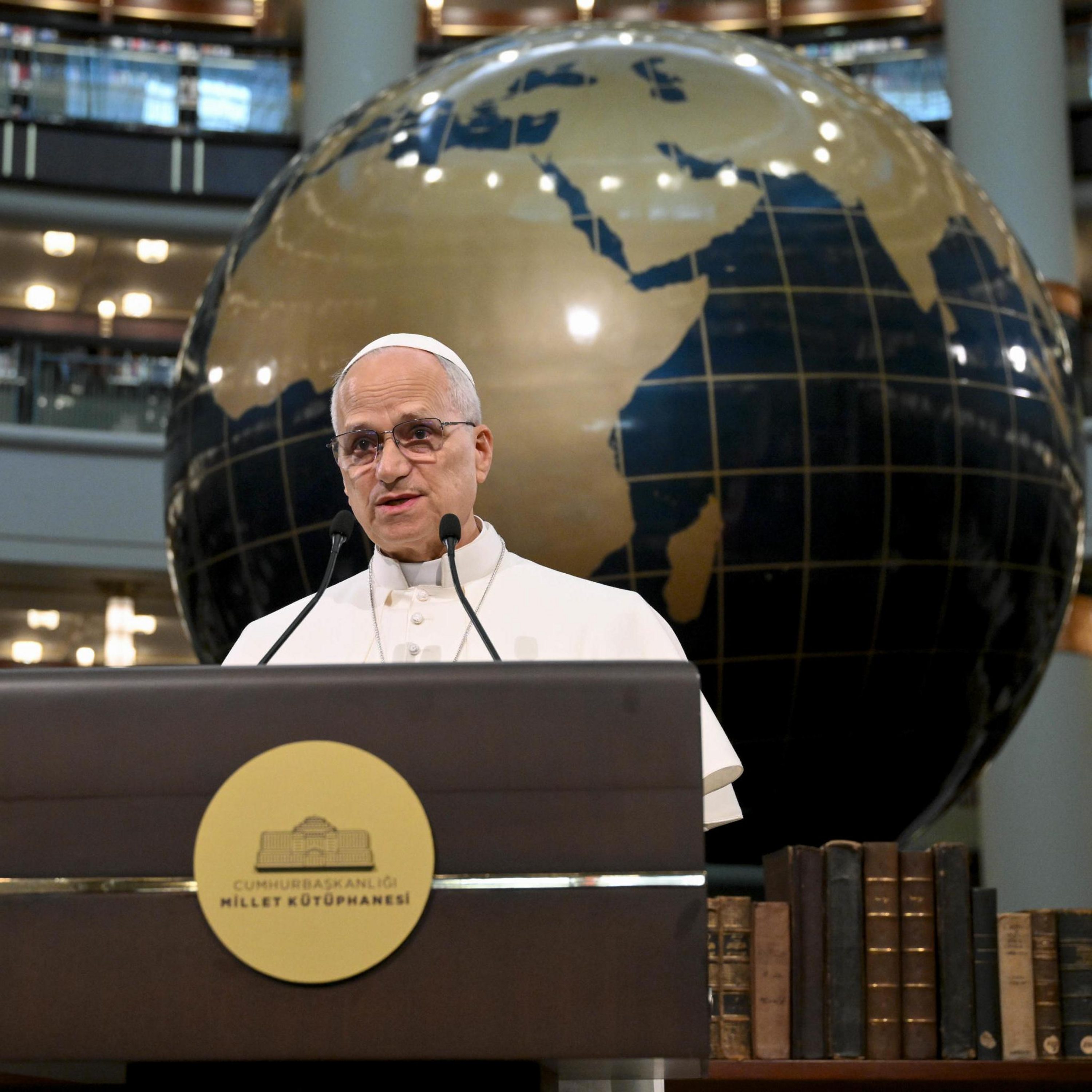

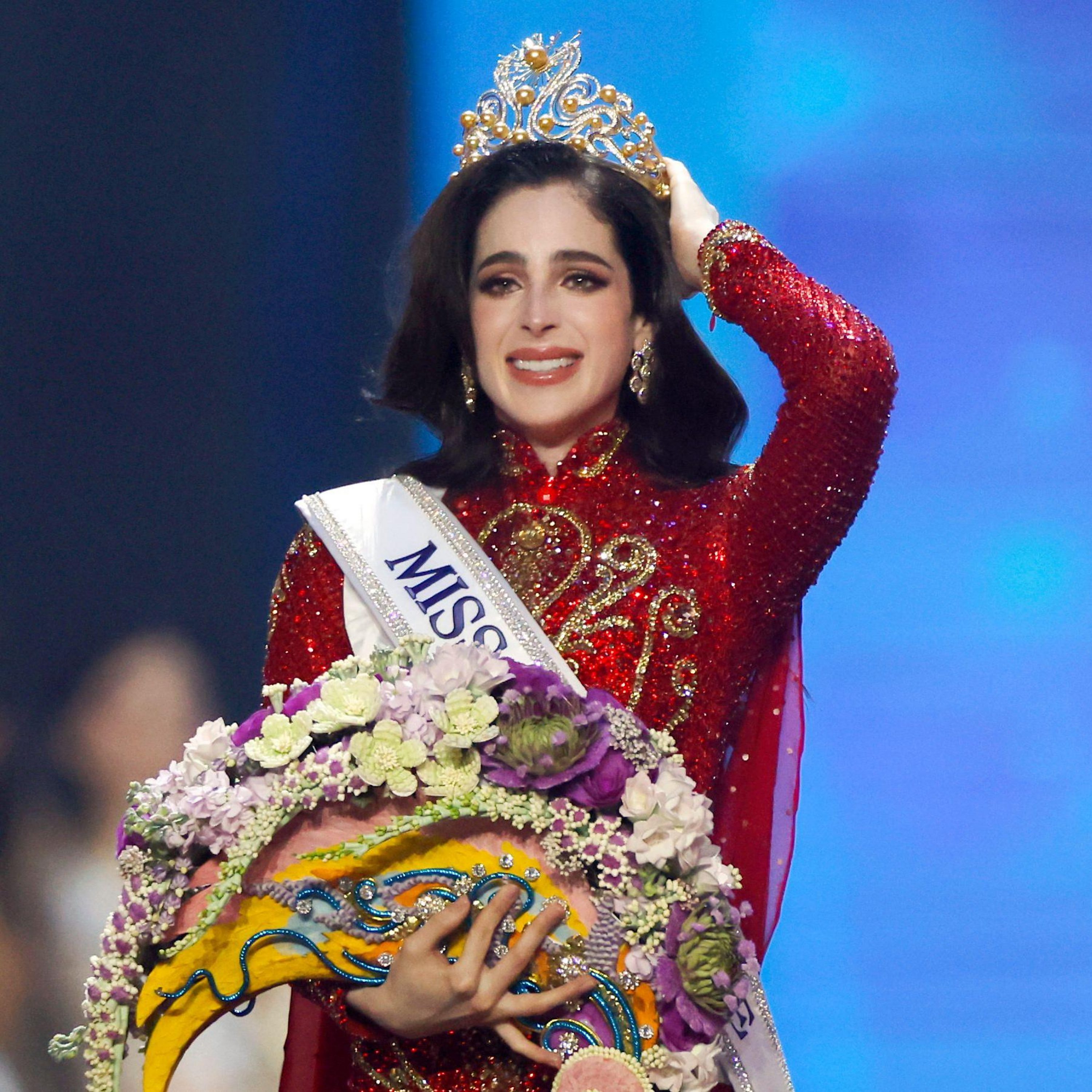
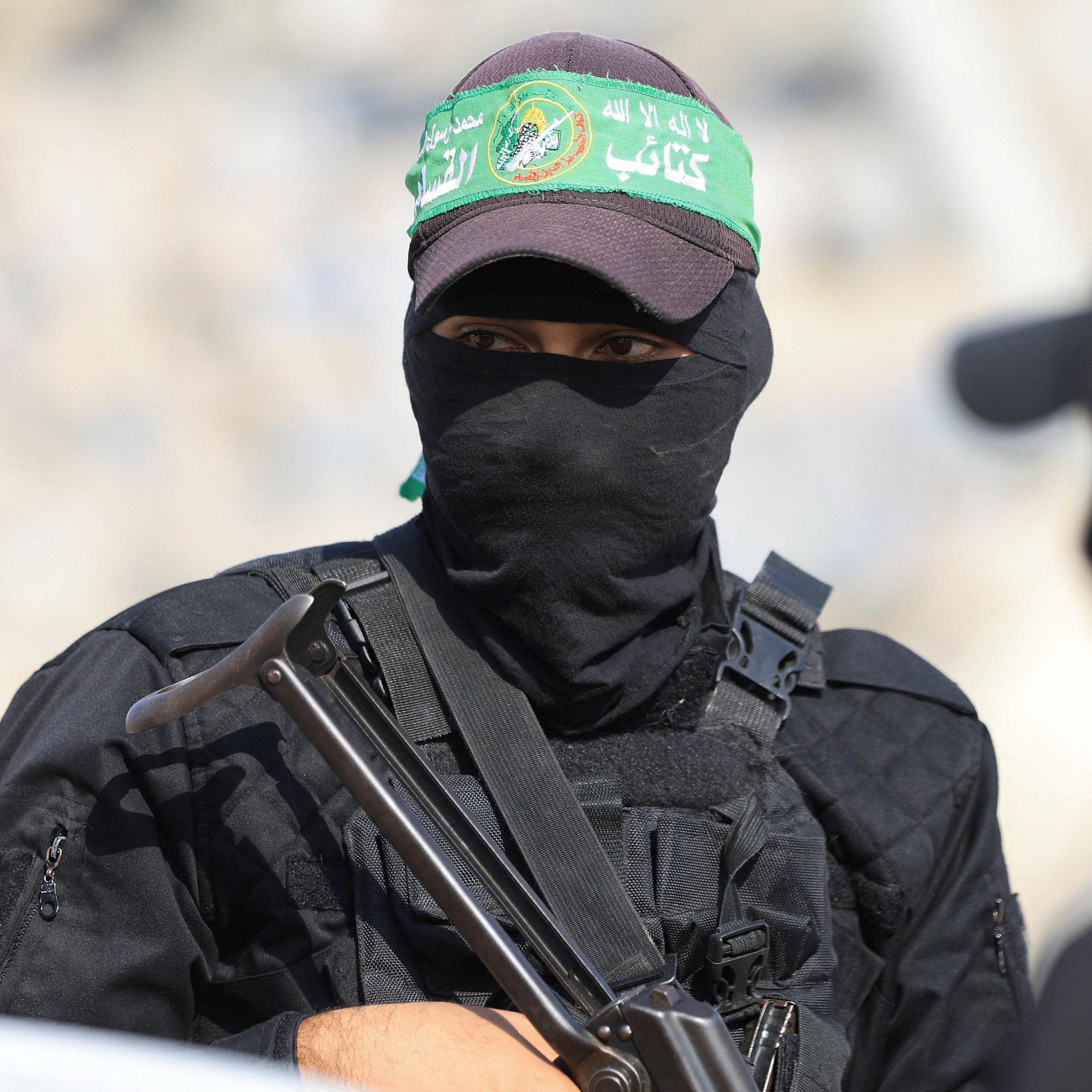
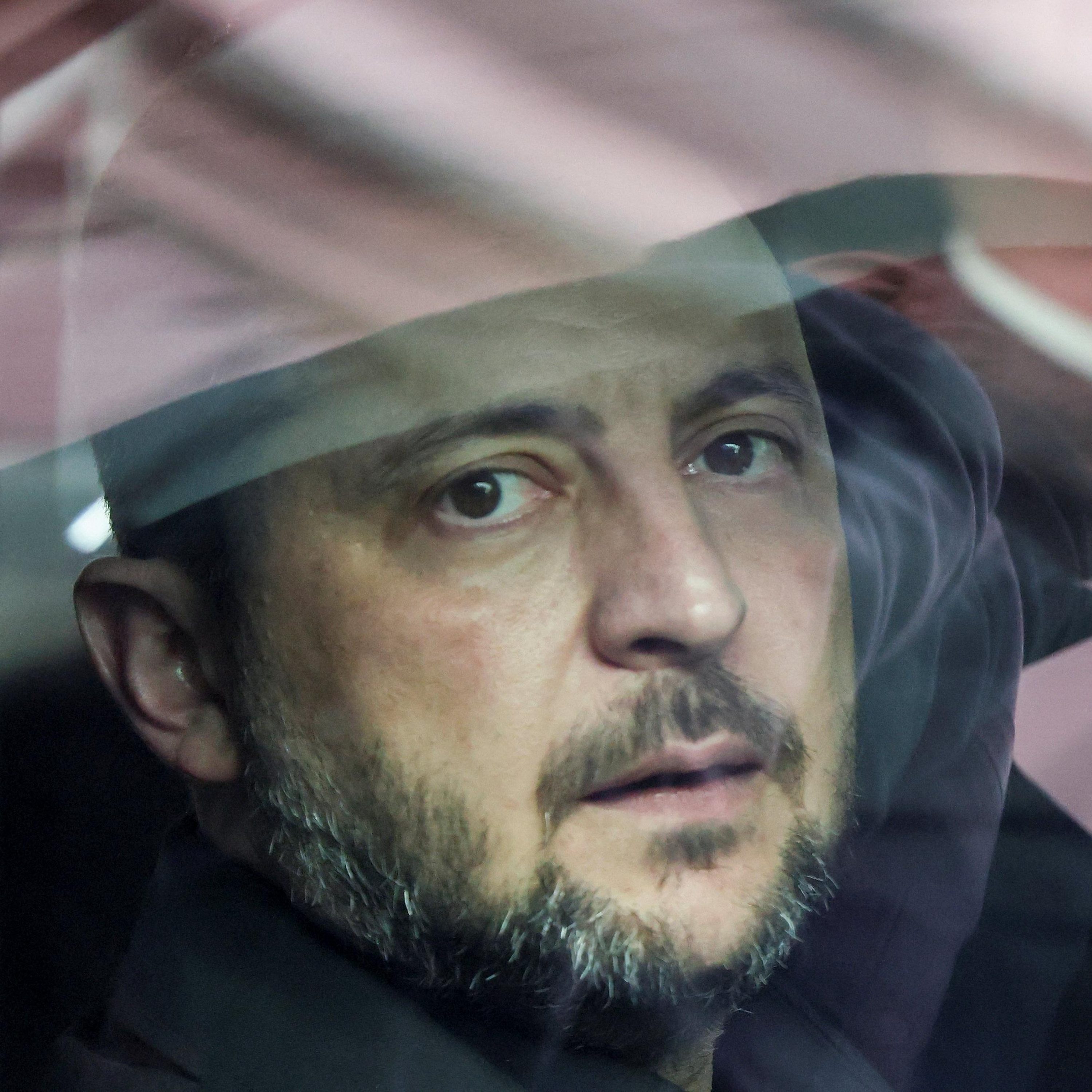
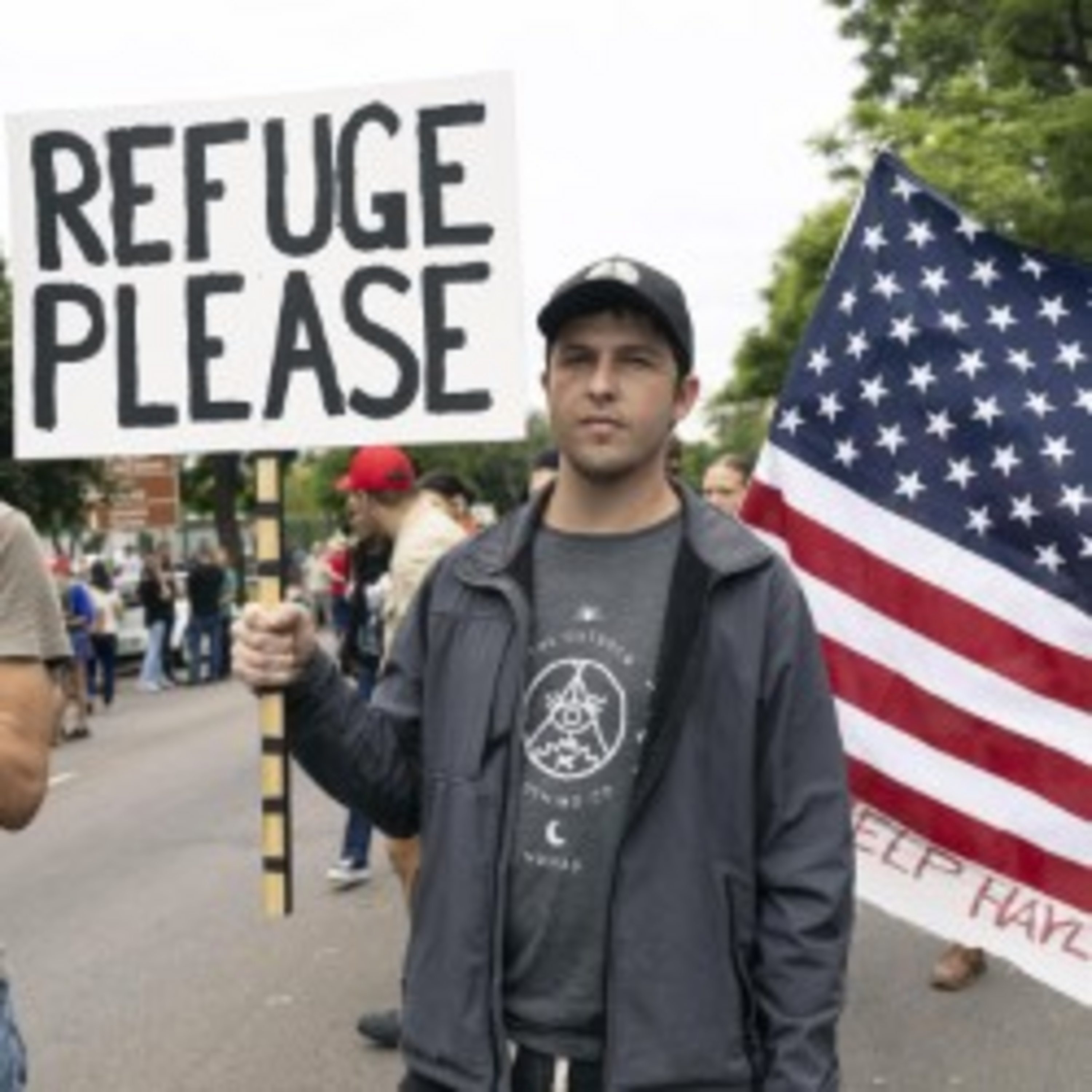
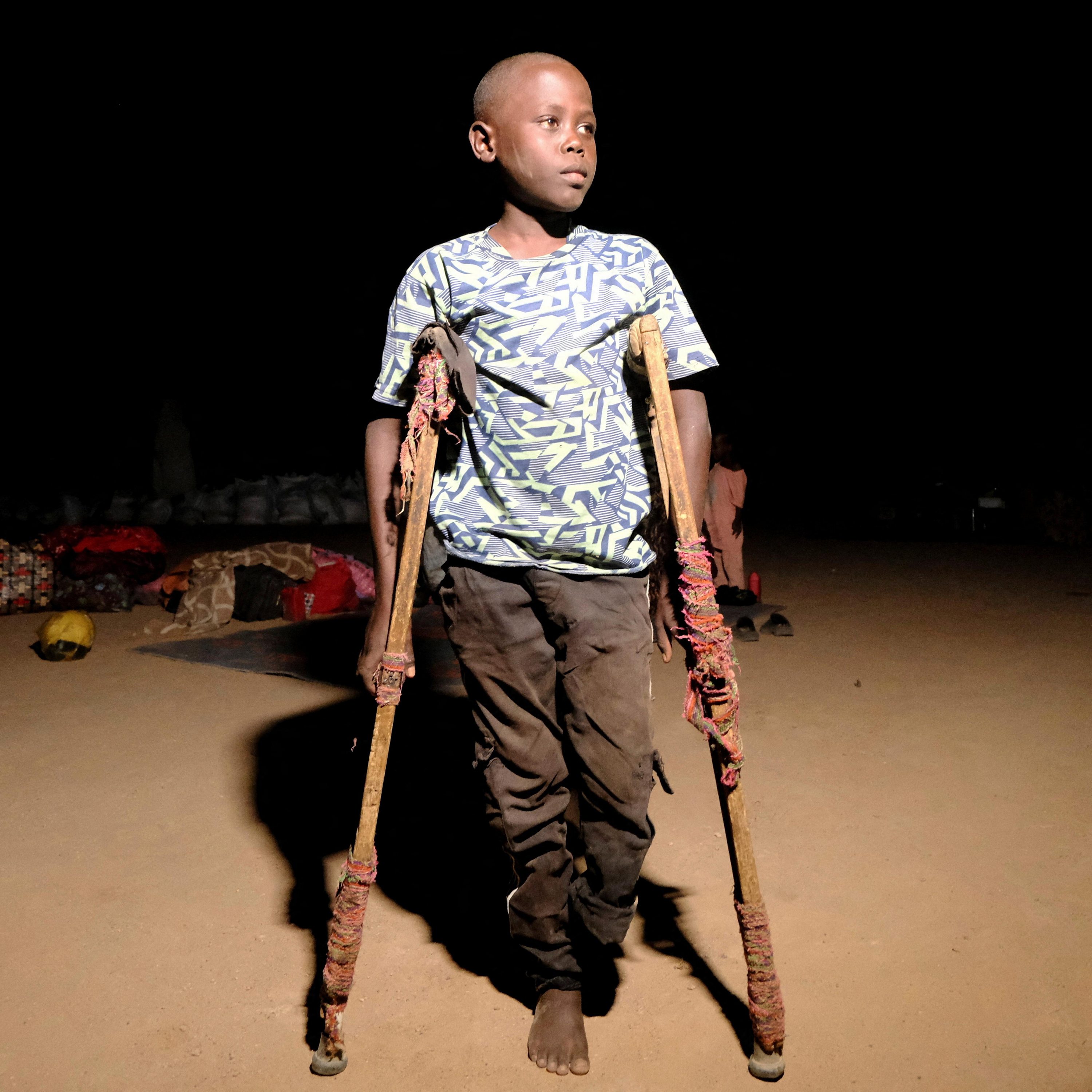
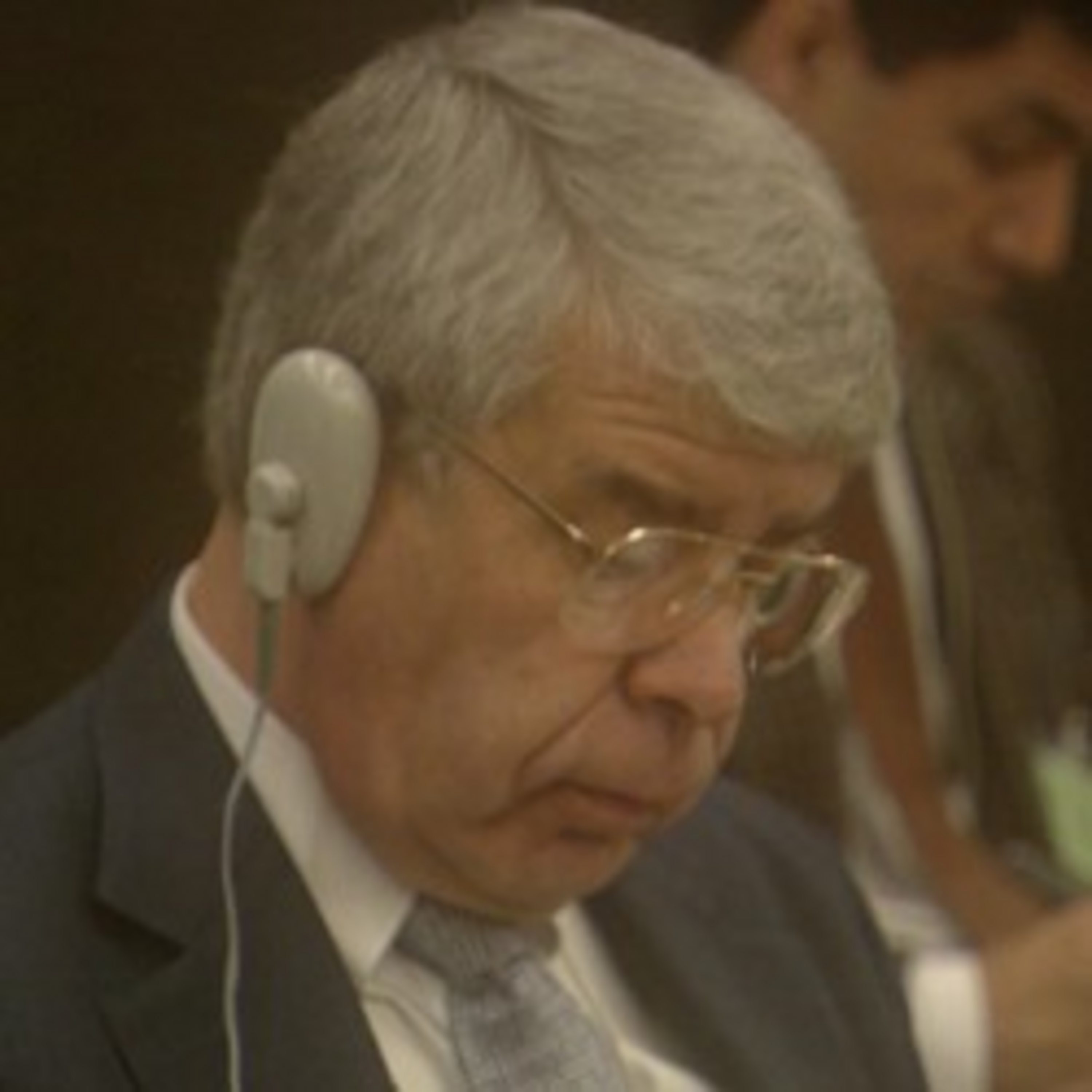
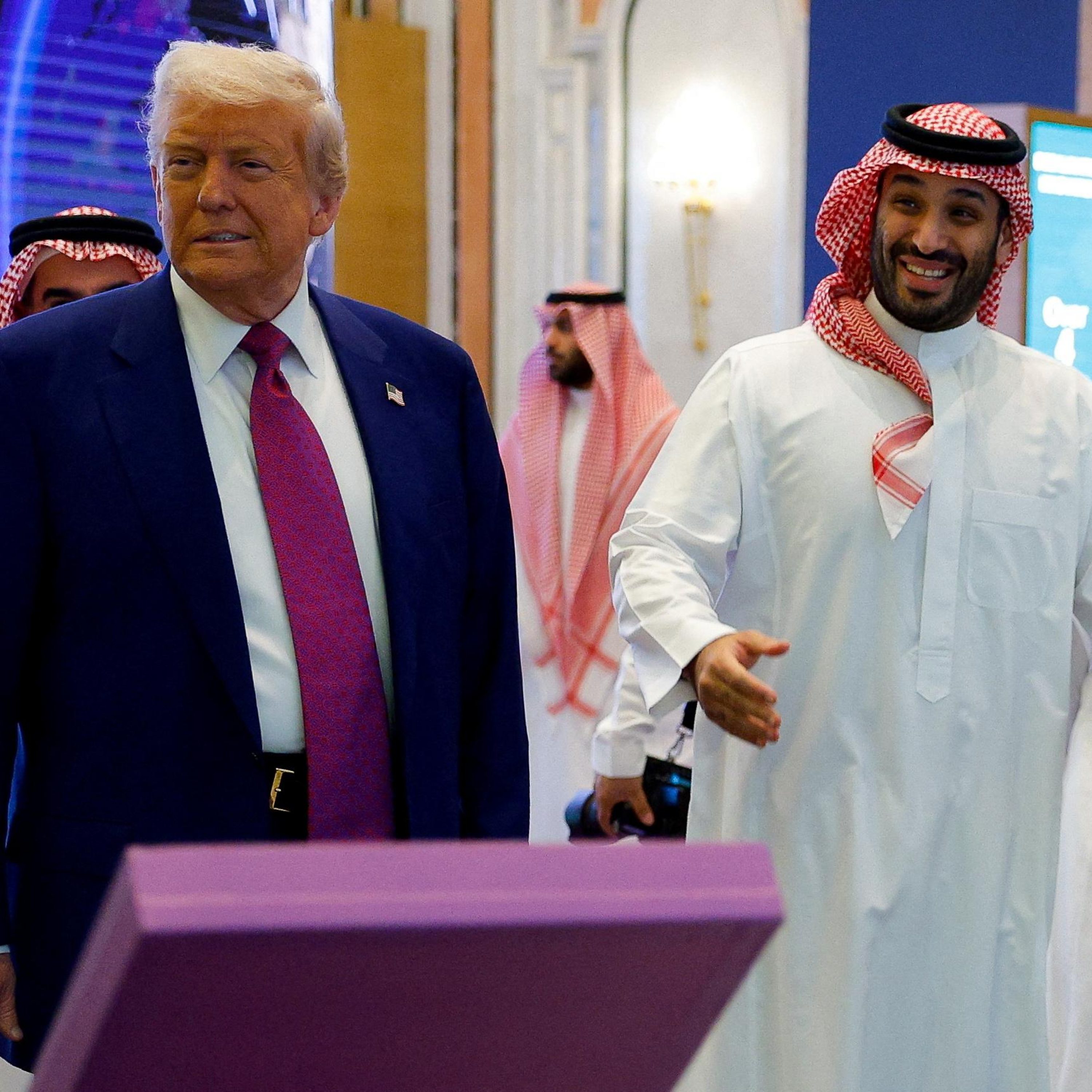
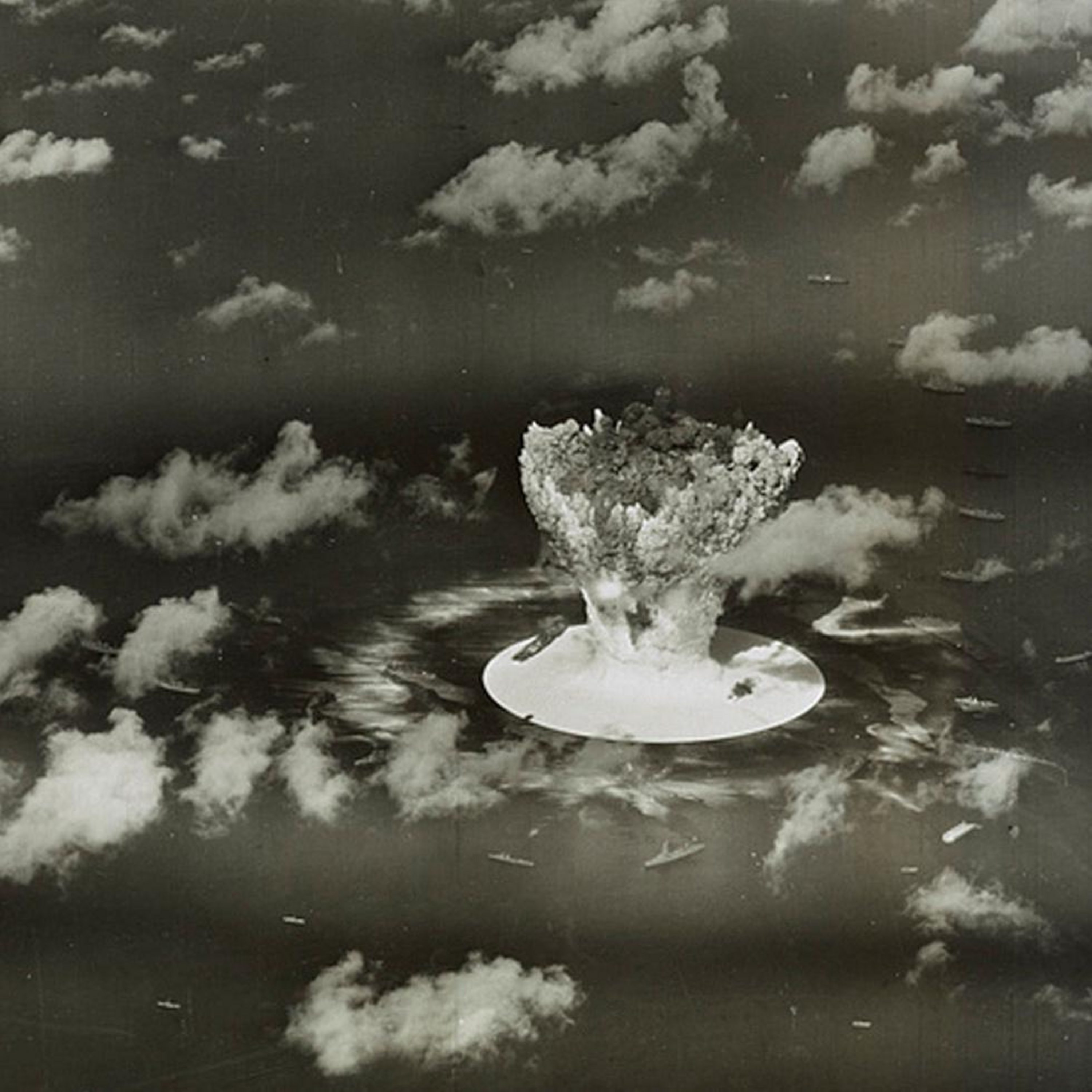
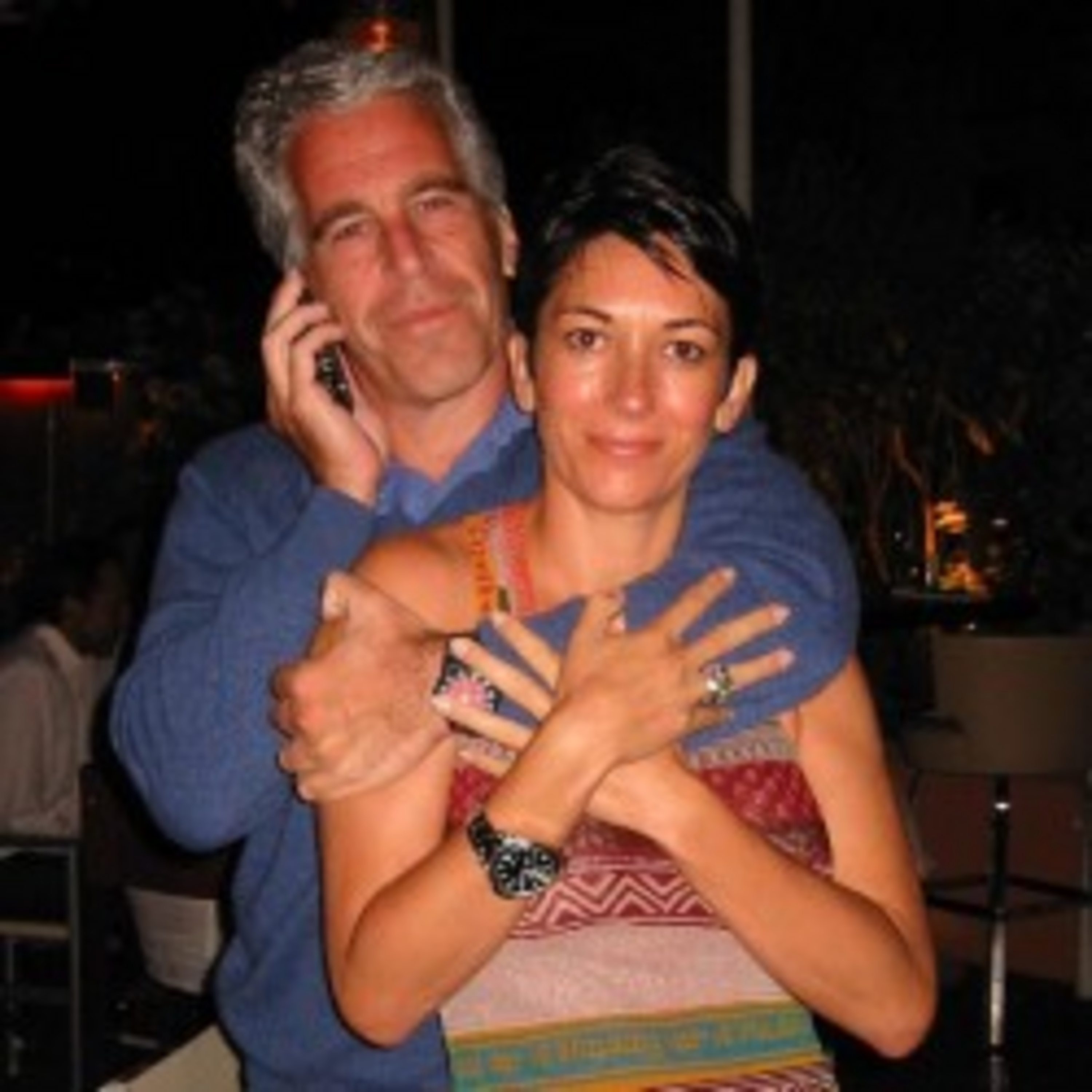
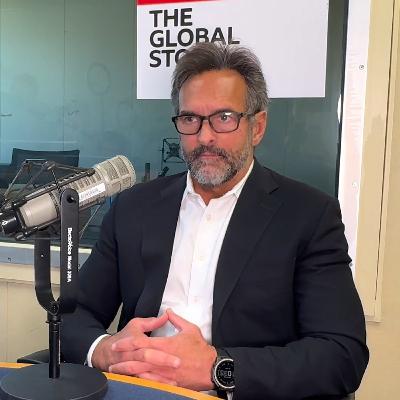
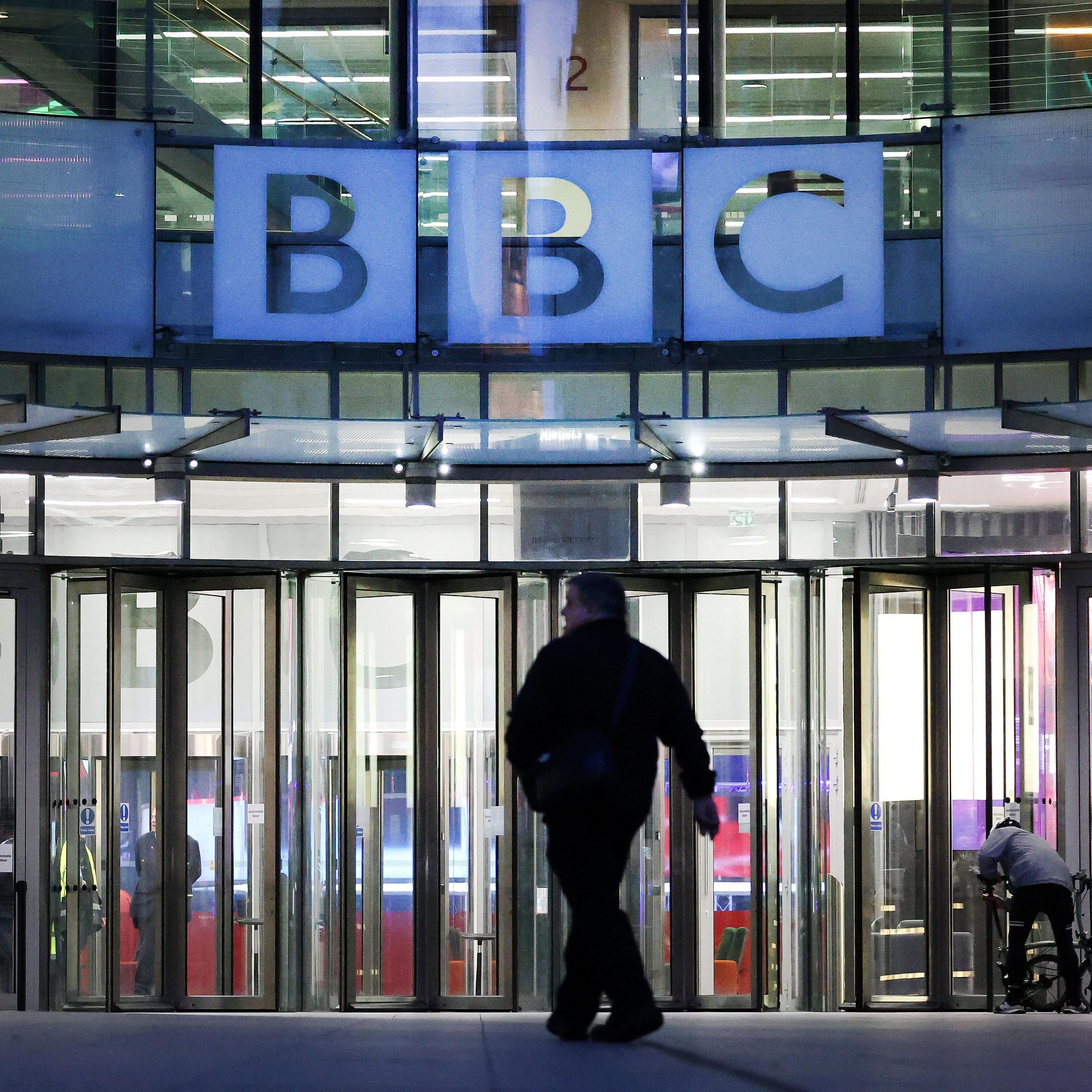
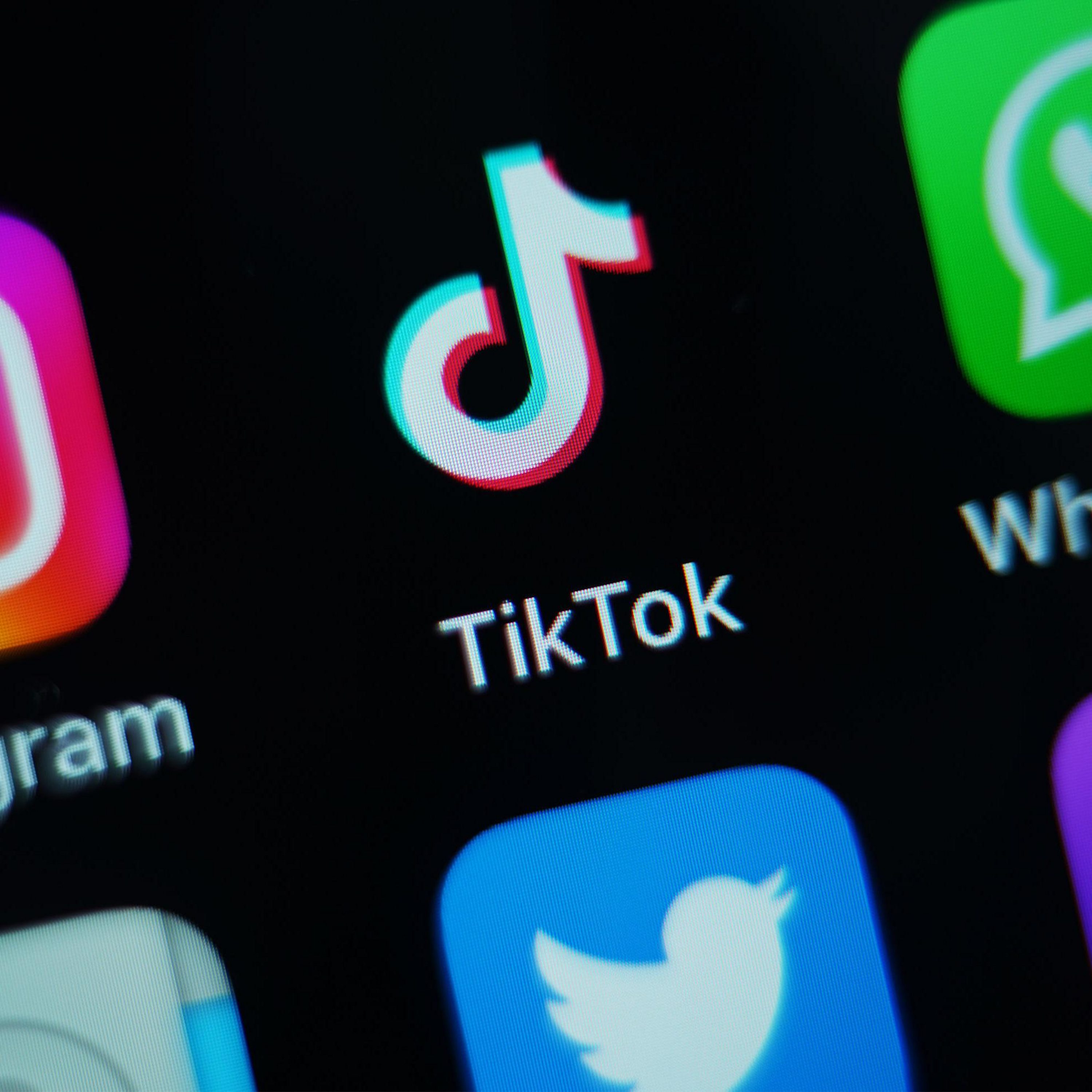



Parham bullshitting you! & you are naively echo it here, at least ask someone else! His history in white washing regime is notorious!
I’ve been going through a lot of discussions here about managing daily responsibilities, and one tool that really stood out to me is Sorry it’s your problem now . It’s a practical planner designed to help keep things organized, reduce stress, and make handling both personal and work tasks much easier. If anyone is looking for a straightforward way to stay on track, it’s definitely worth checking out.www.sorryitsyourproblemnowplanner.com
Is this podcast ever going back to normal, or did it just get replaced by a Trump podcast?
It is called Persian Gulf. Did they even teach you geography in school? From the Persian Gulf to the Gulf of Mexico, we stand against the distortion of history.
babe it's not just gulf, it's Persian gulf.
dear god kill this string already there are other things going on in the world.
we need Transltion to Arabic
I need Transltion to Arabiczee
poor audio
Absolutely devastating. So deeply sad that it hurts my very soul.
Finally we're free.✌️💚🕊️
Prefabrik evler, modern yaşamın ihtiyaçlarına uygun olarak tasarlanmış, pratik ve ekonomik konut çözümleridir. Fabrikada üretilen modüllerin hızlı bir şekilde inşa alanında birleştirilmesiyle oluşan bu yapılar, kullanıcılarına zaman ve maliyet avantajı sağlar. Çeşitli mimari stiller ve iç mekan düzenlemeleri ile kişiselleştirilebilirler. Enerji verimliliği ve dayanıklılık özellikleri sayesinde uzun ömürlü bir yaşam alanı sunar. Ayrıca, sürdürülebilir malzemelerin kullanımıyla çevre dostu bir alternatif oluşturur. https://prefabrikhazirev.com/prefabrik-ev-fiyatlari/
death to zionism
Many of us here in Australia definitely don't want a foreign Head Of State. That was also the case for the 1997 referendum, which failed. Not for lack of support for an Australian Republic, but because of a squabble as to how The President should be chosen. Still unresolved, 27 years later. We have King Charles on our currency, it's a national embarrassment. Some haven't woken up that we are an independent country; we do have some royalists, still swooning and toadying to the royal forelocks.
You clearly have taken side with Kamala in this podcast, disgusting
yesterday's source is broken
Hardly a political earthquake. They only got 1.6 % more votes than Jeremy Corbans Labour. Reform party done more damage to Tories losing seats
hello
لازمه پس به دورانی که فراموش کرده بودم برگزدم نه از،سلاح نه از کسی میترسم هر کی توهینی کرده خورده و هرچی دکست دارن در خدمتم از هیچ بنی بشری ترسی ندارم بقیه هم بدرک برام مهم نیستن بهشکن فکر هم نمیکنم دیدمشون زیاد دنبالم بیان پنچرشون میکنم یبار دیگه بابا غوری رو ببینم باید از،بیمارستان جمعش کنین
Democracy is all about freedom and it's a means equitable living